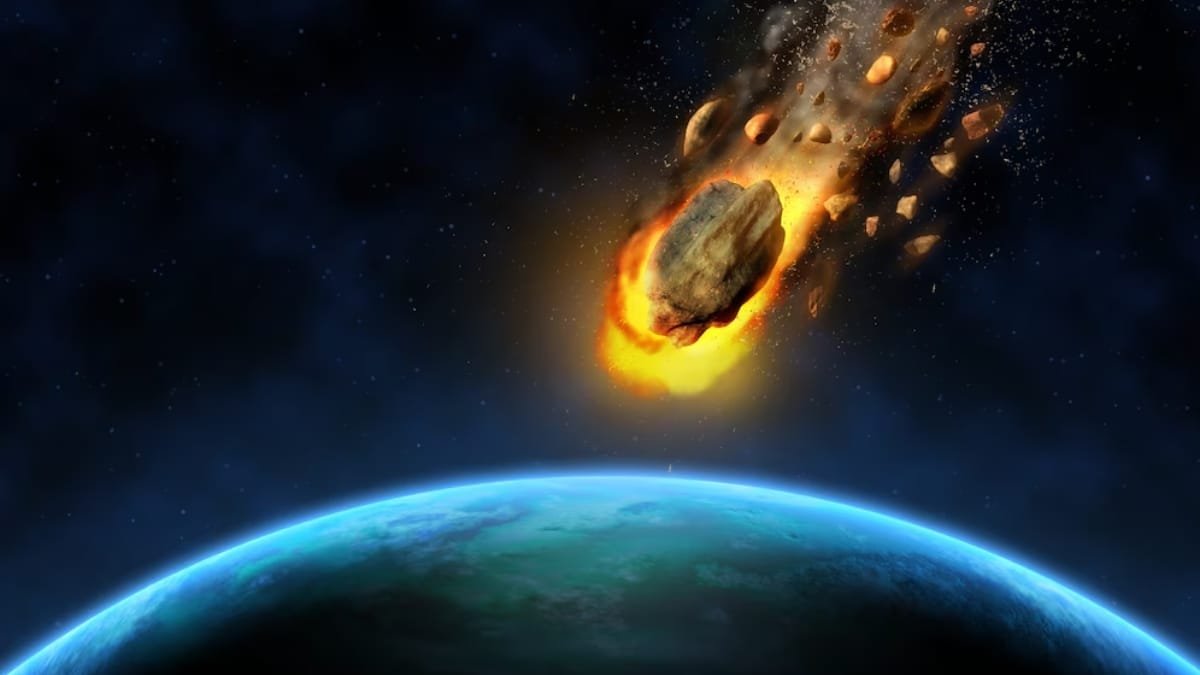No matter how much human science has progressed, many asteroids collide with Earth, dodging warning systems. The special thing is that such incidents have increased in the last one year. The latest case is on October 22, when an asteroid was caught by the alert system and hit Earth just three hours later. However, the asteroid hit Earth over the Pacific Ocean near California and did not harm anyone.
The asteroid was named 2024 UQ. It was discovered two hours before it entered Earth’s atmosphere. It was only 3 feet (1 meter) in diameter. So it was not a big threat. It was discovered on October 22 by the Asteroid Terrestrial-Impact Late Warning System (ATLAS). ATLAS is an air-based four-telescope survey for observing near-Earth objects. Within hours of discovery, 2024 UQ burned up in the atmosphere over the Pacific Ocean near California.
European Space Agency statement
On behalf of the European Space Agency, it was said, “The ATLAS survey received images that showed an object that had a very high probability of hitting the Earth. The position of this object was on the edge of two adjacent fields. This made it very It was too late and it burned up in the atmosphere and astrometric impact monitoring systems predicted it would hit Earth.
Third such incident in a year
According to ESA, this was the third time this year that the astronomical agency failed to detect anything that hit Earth in time. This has happened only 10 times so far, but this is the third incident in a year.
Additional investment in track system is required
This close call serves to highlight both the strengths and weaknesses of modern track systems and argues for continued investment in early detection technology. Although harmful in the extreme, this situation focuses on Earth’s continuous improvement efforts in terms of space surveillance. The possibility of potentially dangerous space rocks hitting Earth is scary and requires more investment to mitigate it.
Latest world news

